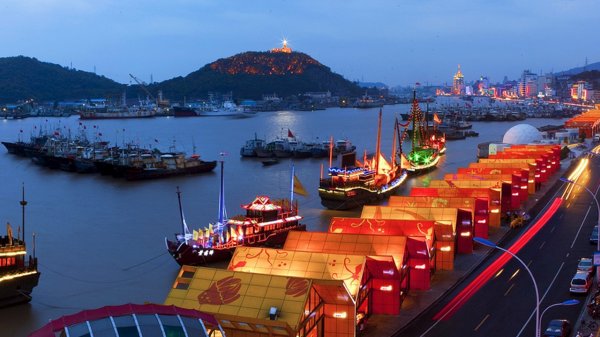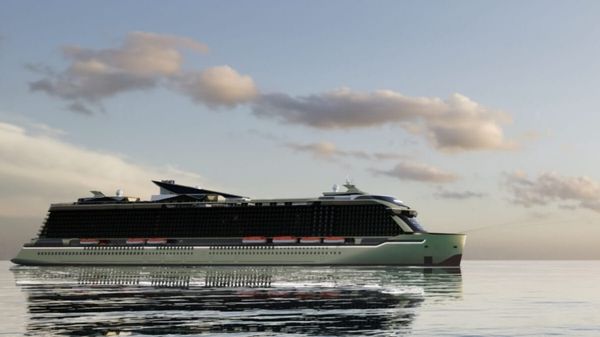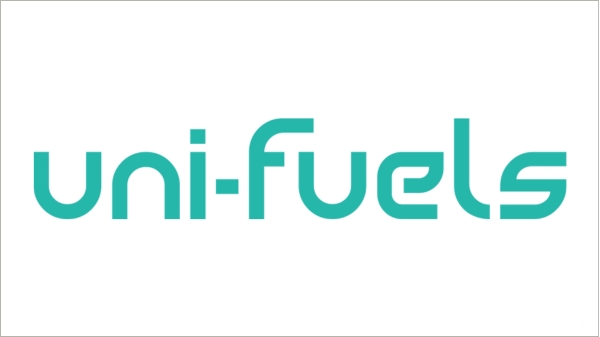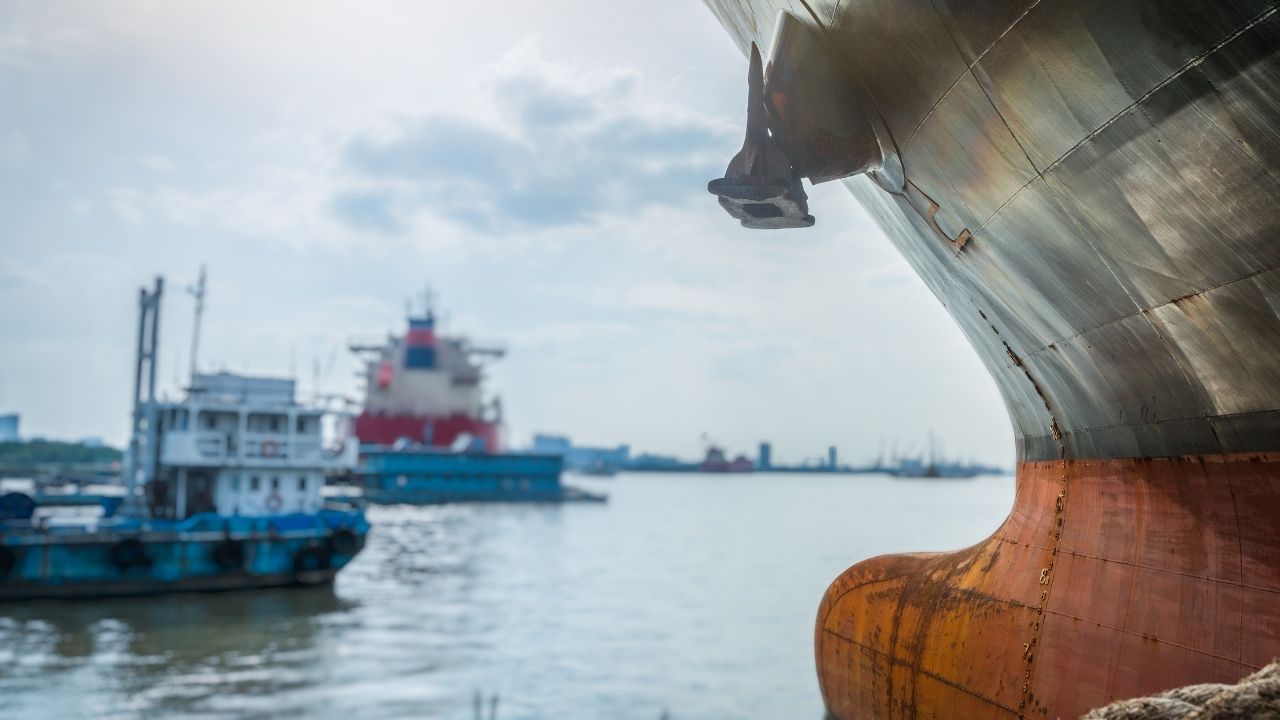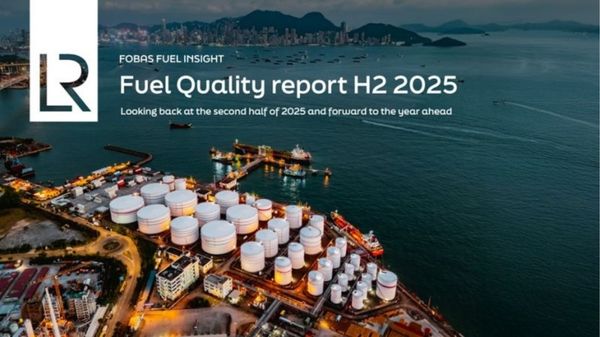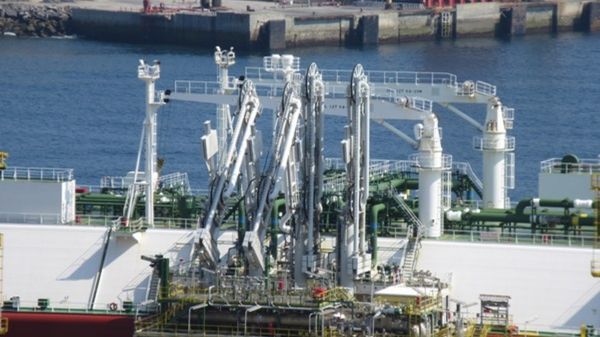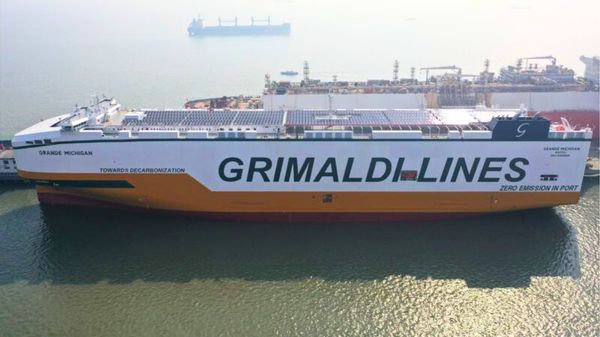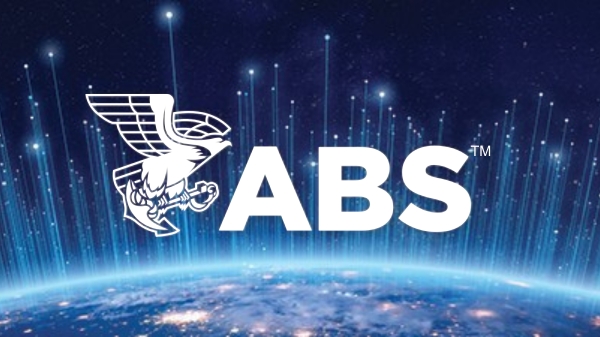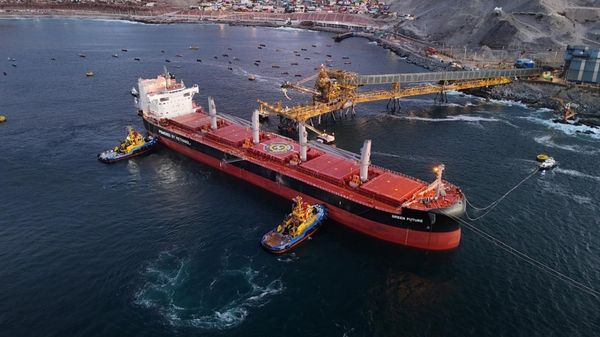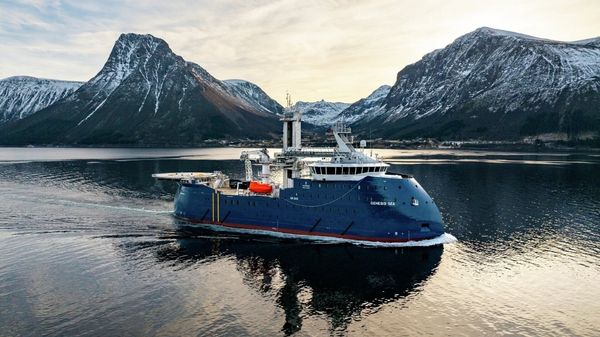Belgian tanker specialist
Euronav has categorized the use of exhaust gas cleaning systems, or scrubbers, as a "loop hole" [
recte loophole] that further complicates the enforcement of the global 0.5 percent cap on fuel sulphur content in 2020.
The crude transporter, which as yet has not announced any planned scrubber installations, notes that it has identified three key areas of concern regarding the use and incorporation of the technology.
1. Upfront cost
The first concern, Euronav says, is the upfront capital investment of "$5m per VLCC" with "virtually no visibility of a return on capital".
On the issue of returns on the differential between cheaper heavy fuel oil (HFO) and more expensive marine gas oil (MGO) without scrubbers, Euronav notes that "Sinochem have recently confirmed that they will sell clean compliant fuel at a price likely to be half the difference between dirty HFO and MGO".
"So the investment case now has half the returns being promoted and it is still 14 months before implementation and nothing suggests this price gap will not further narrow in that time," Euronav argues.
2. Risk of pollution from scrubbers, operational concerns
Euronav also observes that open-loop scrubbers use seawater brought on board to remove sulphur from exhaust gases, "but the wastewater produced contains a toxic cocktail of sulphuric acid, constituents, polycyclic aromatic hydrocarbons and heavy metals which are pumped into the open ocean, essentially transferring pollution from air to sea".
"Promoters of this technology argue that the open oceans dilute waste water, rendering it harmless. But the solution to pollution is not dilution. Like plastic contamination over the years, we don't know what the cumulative effect of this waste water will be or how it will interact with existing seaborne pollutants, particularly in congested sea-lanes like the English Channel, Malacca Straits or Baltic Sea," Euronav adds.
Euronav lists the following concerns:
(i) Pollution risks
- Putting sulphur back into the sea reduces its natural buffering capacity;
- Unknown cumulative impact of increasing sulphur content in world's oceans;
- Likely increase in ocean acidity over time;
- Open-loop scrubbers use increases CO2 emissions, cheaper fuel will incentivize owners to speed up the use of open-loop scrubbers.
(ii) Operational risks
- Additional capex and opex costs of operation;
- Unproven application of this technology in a large volume tanker environment;
- Known risk of corrosion;
- Attention needed to mitigate safety/operational risks which are still quite uncertain.
(iii) Lack of scrutiny over technology
- Scrubber waste water disposal never been systematically investigated;
- No valid or long term data available;
- Cumulative impact on sensitive or congested sea lanes unknown.
(iv) Future regulatory risks
- Court of public opinion yet to be fully tested on open-loop scrubbers;
- Risk of action by Port or Flag states;
- Increasing application of rising CSR standards by investors and fuel producers
3. Implementation and enforcement regime
The Belgian shipper also suggests that, as it stands, flag states seem "ill-equipped" to guarantee regulatory compliance, with the company backing up its argument by citing legislation breaches in Emission Control Areas (ECAs).
"Weak regulatory oversight means non-compliance in the open sea, whether through breakdown or malfeasance, cannot be effectively controlled," Euronav declares.
Euronav's stance
Earlier this month, Euronav's CEO
Paddy Rodgers was one of 34 CEOs and industry leaders from across the maritime industry to
sign a call for action backing decarbonization.
To achieve this, the signatories believe the maritime industry needs to accelerate both technological and business model innovation, further improve operational and technical energy efficiency, and a transition to zero-carbon fuels and new propulsion systems.
Speaking at the time, Rodgers had said: "Shipping has so far been exempt from regulations to address the issues around GHG emissions from fuels for ships but the IMO has, after consultation laid a pathway, which requires a fundamental change in the way we fuel our ships. Shipping must embrace these targets so let's take our responsibility to make sure our industry is heading towards a sustainable future for ourselves and the next generations in line with the expectations of our global stakeholders."
And on Tuesday, the company made clear its stance on scrubbers by concluding that the technology will be a 'loophole' that further complicates the enforcement of stricter sulphur legislation.
Instead, the company is seemingly looking towards refiners, oil producers and bunker suppliers for solutions on fuel availability and price volatility as we approach the 2020 deadline.
"Refiners and oil producers have increasingly made clear that sufficient compliant fuel will be available," Euronav stressed.
"Euronav continues to work closely with suppliers and producers on alternative mechanisms in which to capture volatility in the prices and differentials between HFO and LSFO," the tanker owner added.

